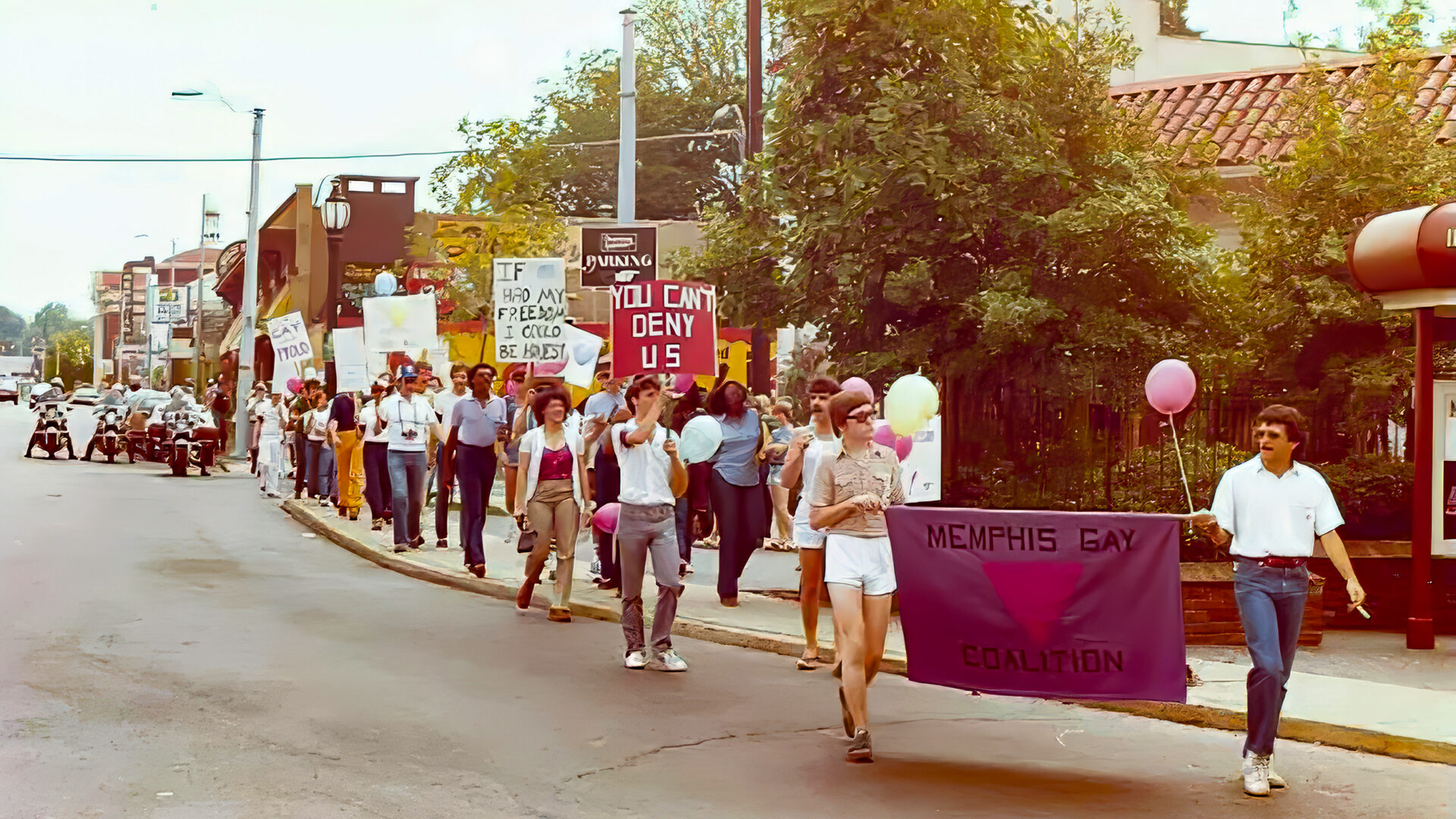In the summer of 1982, a group of fifty individuals gathered at Peabody Park, ready to take their place in a city that had long sought to render them invisible. A year earlier, Memphis had witnessed its first formal Pride march—an act of courage that tested the city’s willingness to acknowledge its LGBTQ+ residents. Now, as the marchers prepared to step into the streets once again, they knew they were building something larger than themselves.
Their path took them through Memphis, their numbers modest but their presence undeniable. The march ended at Overton Park’s Raoul Wallenberg Memorial Shell, where a rally transformed the event from a simple gathering into a moment of collective reckoning. Speaker after speaker took the stage, addressing the injustices that shaped daily life for LGBTQ+ Memphians—housing discrimination, the lack of workplace protections, the threat of violence, and the isolation that came with living in a world that refused to make space for them.
This was not a celebration. This was a demand. The 1982 march was more than an act of visibility; it was a declaration that Memphis’s LGBTQ+ community would no longer be ignored. Though the movement was still in its early stages, this second annual Pride event showed that it was not a passing moment, but an enduring fight.
Standing on the steps of the Overton Park Shell, the marchers of 1982 did not yet know what the future would hold. They did not know how long the fight would last or how many battles still lay ahead. What they did know was that their voices had been heard, and that the act of walking through the city, unafraid, was a victory in itself.
The legacy of the 1982 march lives in every Pride event that followed. Each step taken that day helped lay the foundation for a future where LGBTQ+ people in Memphis would no longer march in the margins. They carried a movement forward, ensuring that every Pride that came after would not just remember their courage but build upon it.
